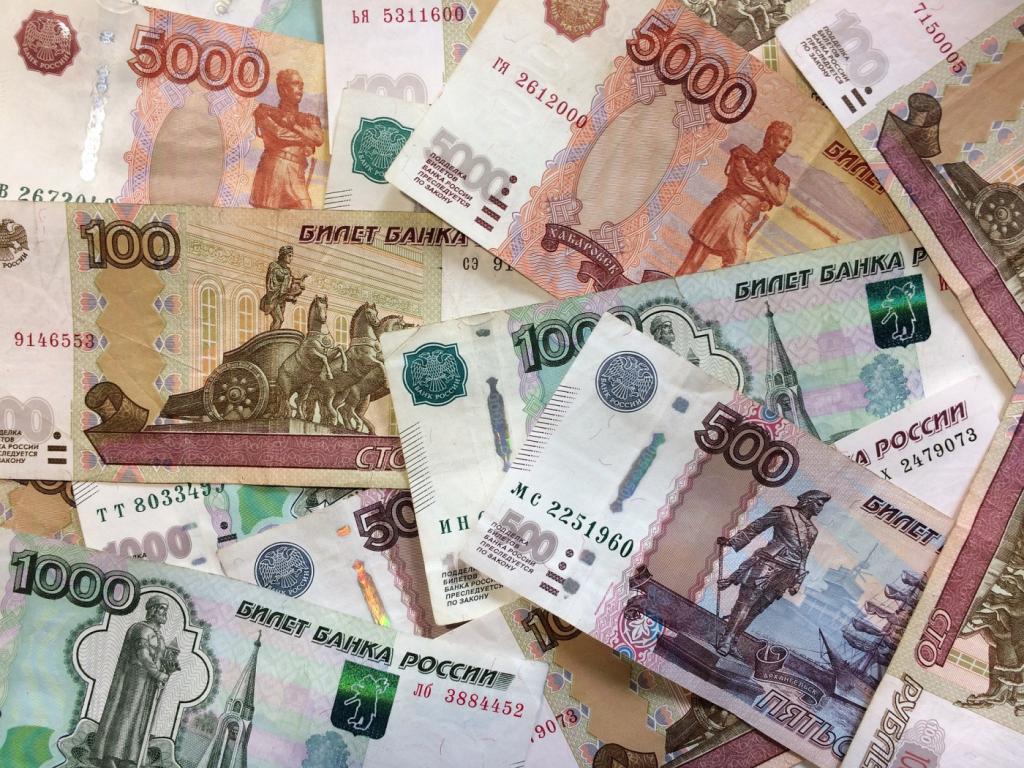BY FEHMI KOFTEOGLU
Trade with the national currency has been discussed for a few years globally and in Turkey. Discussions and preparations have accelerated with the sanctions levied by the U.S. and the European Union on Russia due to the Russia-Ukraine war. While central banks of the countries work on the infrastructure, the possible reflections of the issue are discussed in various sectors.
“Introducing a system where the ruble (RUB) can efficiently be used is very important for the steady continuation of our trade with Russia,” said Erdal Bahcivan, Chairman of the Istanbul Chamber of Industry (ISO).
Istanbul Chamber of Commerce (ITO) President Sekib Avdagic also stated that they expect active work towards trade in RUB.
“Turkey has already conducted trade with Russia in local currency units. But the ratio was too low. The two countries should mutually increase counter-guarantees to raise the volume,” said Izzet Ekmekcibasi, Chairman of the DEIK (Foreign Economic Relations Board of Turkey) Turkey-Russia Business Council.
BUT HOW WILL THE TRADE IN RUB REFLECT ON TOURISM?
Because Russia is the primary source of Turkish tourism, trade with the national currency will positively reflect on the travel industry as it does in all fields.
“Russian citizens purchase tour packages from tour operators and make additional payments each time foreign exchange (FX) rates surge. Tour operators pay in USD to the hotels where they send tourists. Hoteliers obtain USD and meet their needs. There is an FX risk in this mechanism. The Central Bank is working on a rediscount credit in RUB. When this happens, hotel owners or tour owners will debit their balance sheet, they will be able to receive a loan in RUB. Thus, they can pay their RUB collections and the problem will be eliminated when they close their loans,” said Denizbank CEO Hakan Ates in 2017 when the issue came to the fore.
This statement concerns enterprises.
RUB will positively reflect on the sector in terms of tourist consumers. The credit card Mir, which was developed by Russia as an alternative to Visa and Mastercard, has been used in Turkey for a while, though at a low level.
The usage of Mir will increase following the regulations to be made for foreign trade with Russia. This will pave the way for Russian tourists to spend more in Turkey.
The dominant payment systems and instruments will inevitably change along with many things in the new world order we are entering.
Trade with the national currency with Russia was on the agenda before Russia’s invasion of Ukraine. The issue has just accelerated in importance.
Work in this direction should be sped up across Turkey and in the travel industry.









